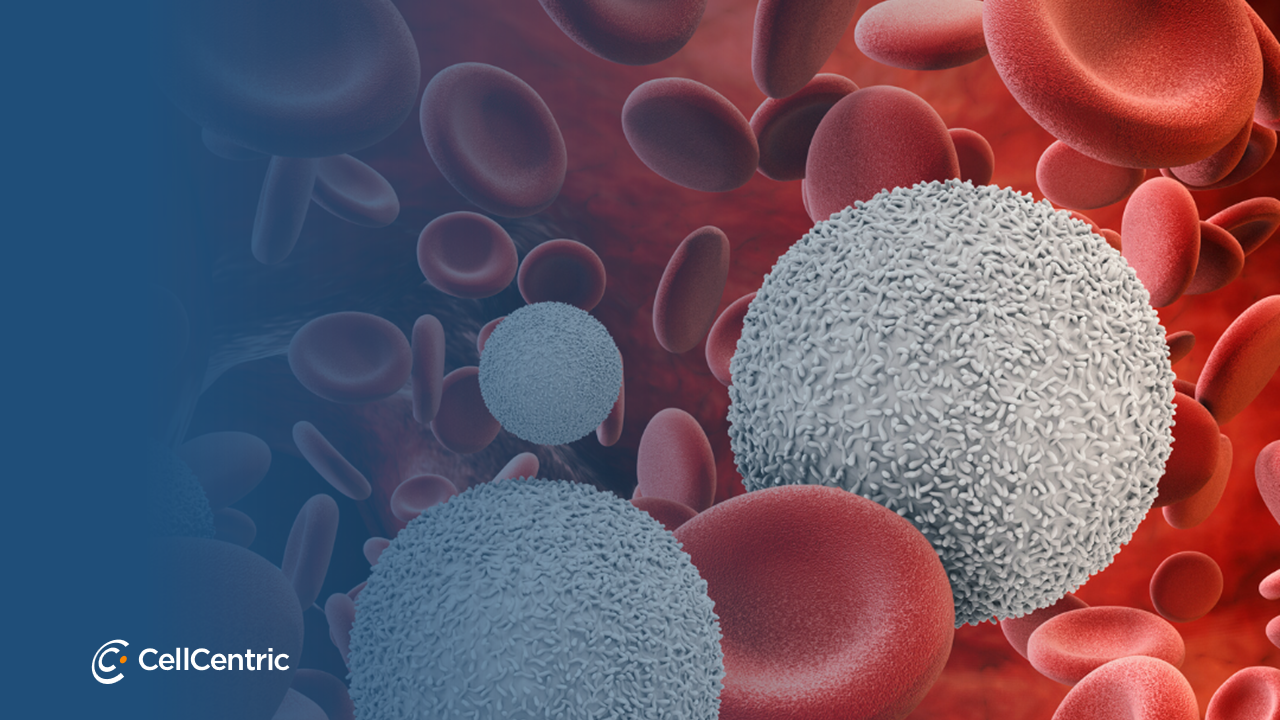CellCentric has signed an agreement with Laura Pasqualucci, Professor of Pathology and Cell Biology at Columbia University Medical School, New York USA, to explore the relevance of the company’s drug Candidate, CCS1477, in treating certain haematological cancers. This is in addition to existing collaborations with Professor Tim Somervaille, Consultant Haematologist and Senior Group Leader at the Cancer Research UK Manchester Institute and Professor Brian Huntly, Consultant Haematologist and Professor of Leukaemia Stem Cell Biology at the Cambridge Stem Cell Institute.
CCS1477 is a novel, potent and highly selective p300/CBP inhibitor candidate drug. The compound is progressing to the clinic with a lead indication for the aggressive form of prostate cancer (CRPC).
Additionally, it has been known for some time that inhibiting p300/CBP has relevance to treating other tumour types, including blood, bladder and lung cancers. However, to date, there has been a lack of clinical-quality compounds with which to explore such new applications.
CellCentric has been exploring a range of potential clinical indications for CCS1477 through its own research, as well as through multiple collaborations with leading academic groups. The latest agreement will see Laura Pasqualucci test CCS1477 in a series of in-house haematological cancer models. She has a long-standing interest in epigenetic-related targets and their role in cancer. Alongside Riccardo Dalla-Favera, she originally identified p300/CBP as common target mutations in both diffuse large B cell lymphoma (DLBCL) and follicular lymphoma (FL).
Tim Somervaille separately, is exploring the potential for CCS1477 in acute myeloid leukaemia (AML). Tim has a long-standing interest in the mechanisms and therapies in myeloid malignancies. Brian Huntly is an internationally recognised expert in the role of p300/CBP in haematopoietic stem cell function and will be researching the effects of CCS1477 in his unique collection of haematological cancer models.
CellCentric is also collaborating with academic groups for CCS1477’s primary indication, castrate resistant prostate cancer. Inhibiting p300/CBP drives down levels of the androgen receptor, its adaptive splice variants, as well as key biomarkers including PSA. Further mechanistic aspects are being explored by CellCentric with Karen Knudsen (Director, Kimmel Cancer Center, Thomas Jefferson University); Johann de Bono (Drug Development Unit Director, ICR, Royal Marsden, London); and Luke Gaughan (NICR, University of Newcastle).
CCS1477 is in the final stages of toxicological evaluation prior to submission of a Clinical Trial Application (European equivalent of an IND) to initiate human testing. First patient dosing is anticipated early in 2018, under the leadership of Johann de Bono.
Commenting, Nigel Brooks, CellCentric’s Director of Translational Science, said ‘Recent data has strongly supported the potential of CCS1477 and p300/CBP inhibition for the treatment of tumours beyond castrate resistant prostate cancer. We are delighted to be investigating these further with multiple world-leading researchers. We look forward to further validating our strategy for testing CCS1477 for multiple tumour types, as CellCentric moves to the clinic.’
About CellCentric
CellCentric is a biotechnology company developing novel cancer therapeutic products, based on its knowledge of epigenetics. The company was co-founded with Prof Azim Surani FRS CBE of University of Cambridge, and one of the earliest pioneers in the space.
CellCentric has identified and investigated multiple potential drug targets associated with epigenetic regulation, and has carried out early drug discovery on six. One of these, an arginine methyltransferase programme was licenced to Takeda Pharmaceuticals. The company’s own lead programme is the development of first-in-class inhibitors of p300/CBP histone acetyltransferases. These have potential for the treatment of the lethal form of prostate cancer (CRPC), as well as other cancers.


